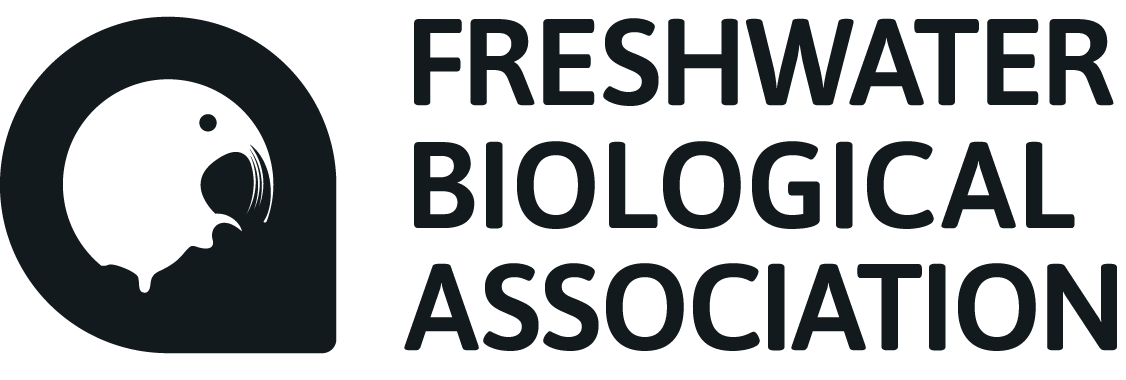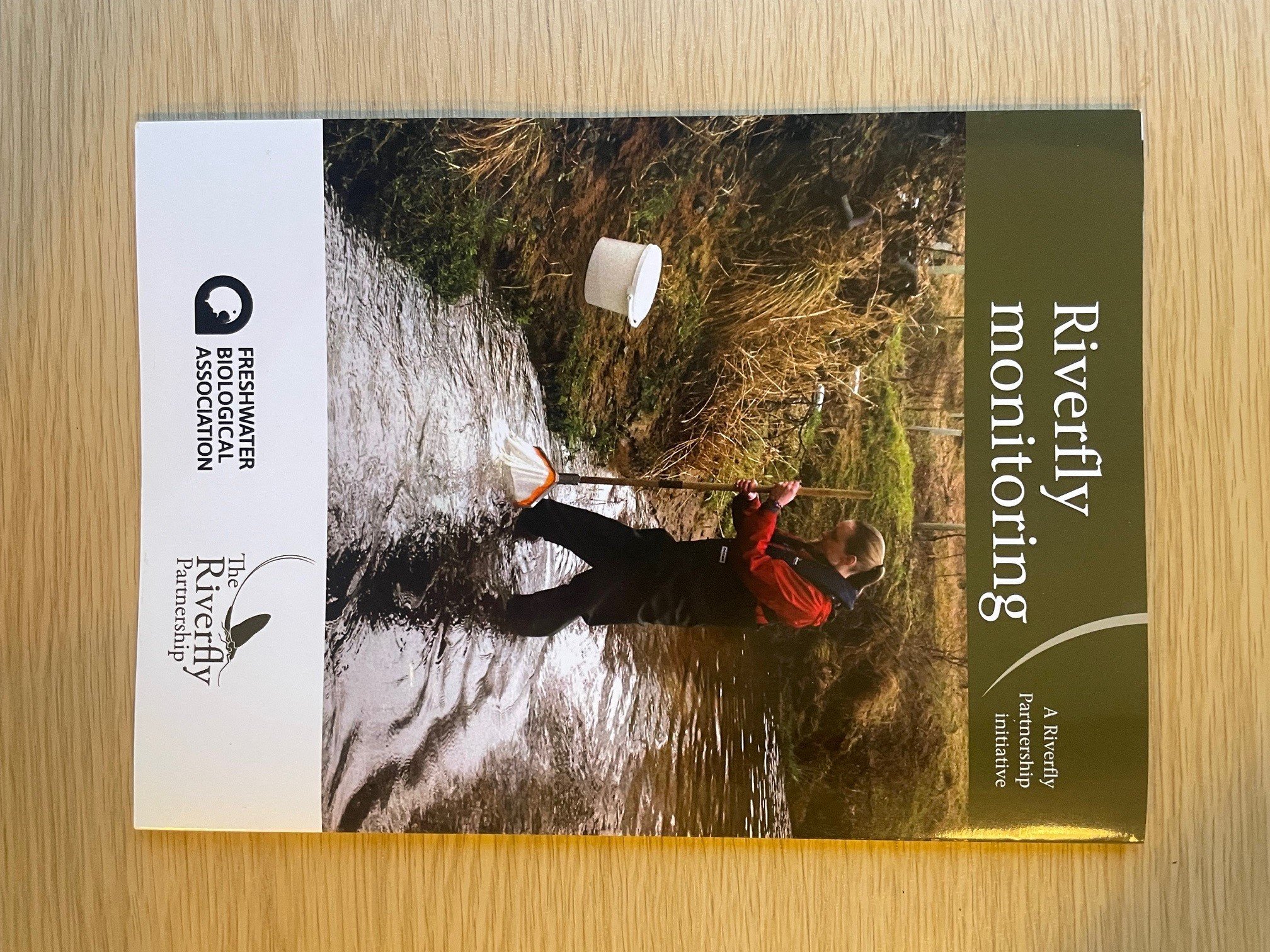Big Windermere Survey secures funding from Lake District Foundation and National Trust
13 July, 2023
The Freshwater Biological Association is delighted to announce that it has just secured funding from the Lake District Foundation and National Trust to continue with the Big Windermere Survey.
The Big Windermere Survey is a citizen science project run by the Freshwater Biological Association and Lancaster University that aims to provide evidence and understanding about water quality in Windermere.
The project is a huge undertaking that requires the help of an army of volunteers as well as funding to cover the costs of sampling kits, laboratory analysis and staff time, so The Freshwater Biological Association is delighted to announce that it has just secured funding from the Lake District Foundation and National Trust to enable it to continue this innovative project with Lancaster University for another season.
Sarah Swindley, CEO at Lake District Foundation, commented, “The Lake District Foundation is very pleased to be able to support the Big Windermere Survey and we are grateful to our many donors for making this possible. The Big Windermere Survey is a key part of the Love Windermere partnership, which is working together to look after this iconic lake for generations to come. Having robust data to best direct activity is vital and the survey is clearly providing this.”
Laura Ruxton, General Manager of the South Lakes Portfolio, National Trust, commented, “The National Trust values the importance of understanding Windermere’s water quality through regular sampling and testing. Through the Love Windermere partnership, we are pleased to support the Big Windermere Survey to include the community around the lake in this work.”
The next Big Windermere Survey will take place on Sunday 13th August. Volunteers are trained to collect water samples from Windermere and the rivers and lakes that flow into it, which are analysed for nutrient and bacterial concentrations at independent laboratories, producing the largest, one-day snapshot of conditions in Windermere.
To date, The Big Windermere Survey has included four surveys – summer and autumn 2022, and winter and spring 2023 – representing a year of data spanning the four seasons.
Dr Lynsey Harper, Senior Scientist at the Freshwater Biological Association, explains, “It is important to gather data in each season throughout the year to identify patterns in the concentrations of nutrients, such as phosphorus and nitrogen, and bacteria that can indicate the presence of faecal matter. This allows us to determine which locations are of good or poor water quality year-round and which locations experience poor water quality in certain seasons. For example, higher visitor numbers in spring and summer may increase nutrient inputs from households to the wastewater system and eventually the lake. In autumn and winter, higher rainfall and runoff from the land surrounding the lake can also increase nutrient inputs to the lake.”
Dr Ben Surridge, Senior Lecturer at Lancaster University, adds, “In combination with warm, dry and stable weather conditions, high nutrient concentrations can increase the frequency and intensity of algal blooms, which can be harmful if the bloom produces toxins or lowers dissolved oxygen levels in the lake water. The Big Windermere Survey informs targeted action on the ground, as the data from the survey are used to inform decision-making processes and to bring about action to maintain and improve water quality.”
If you’d like to see the results gathered from the four rounds of the Big Windermere Survey so far, these are publicly available on the Freshwater Biological Association website.
If you would like to get involved with the Big Windermere Survey on Sunday 13th August and become a scientist for the day, get in touch at windermere@fba.org.uk
Emma Kelly, Windermere Project Officer, says, “Getting involved in the Big Windermere Survey as a volunteer is a great way to get out and about on a Sunday morning, helping to collect valuable data to assess the water quality of the Windermere catchment. Absolutely anyone can get involved – you can even bring along family and friends, including four-legged friends!”
Further reading
The Freshwater Biological Association publishes a wide range of books and offers a number of courses throughout the year. Check out our shop here.
Get involved
Our scientific research builds a community of action, bringing people and organisations together to deliver the urgent action needed to protect freshwaters. Join us in protecting freshwater environments now and for the future.










